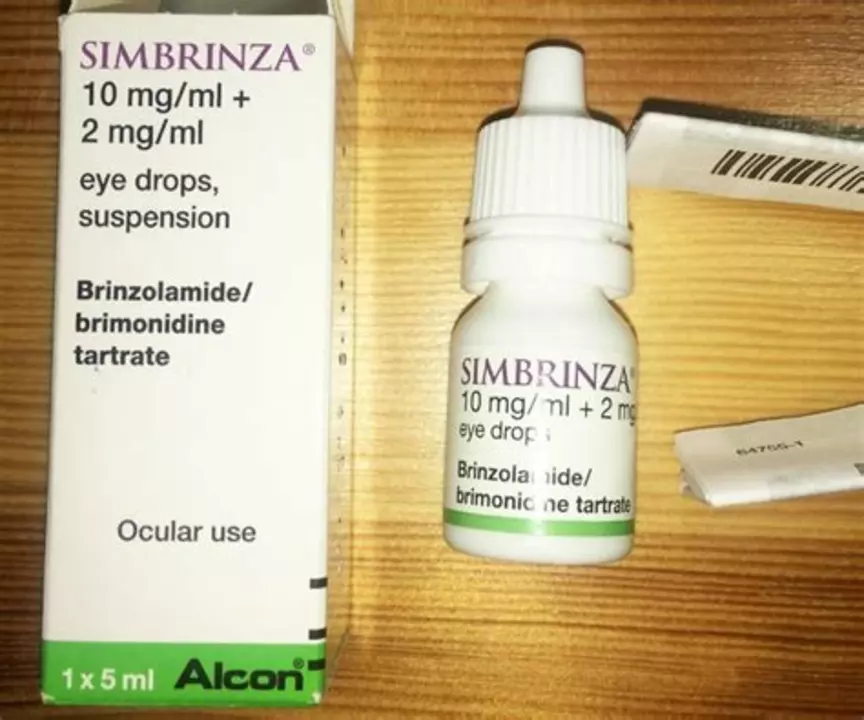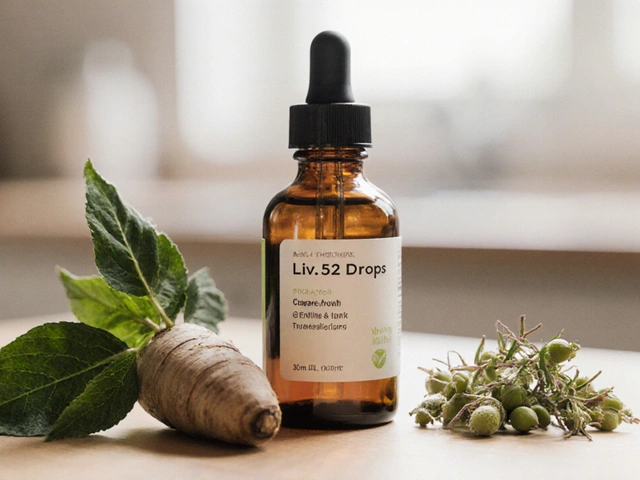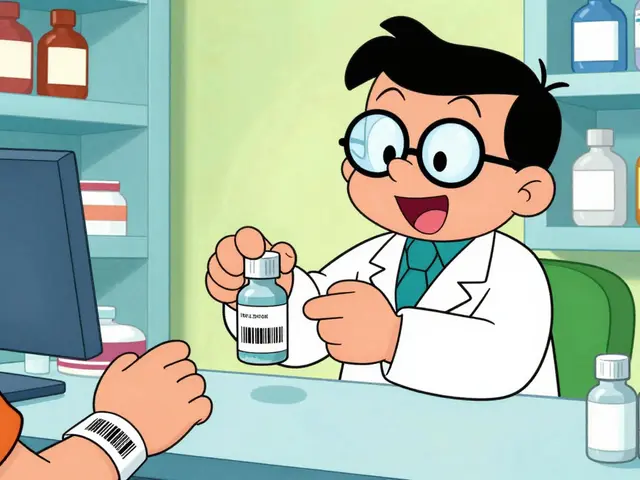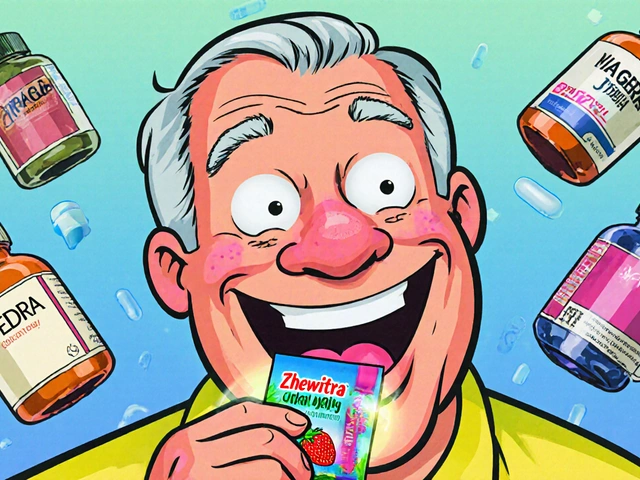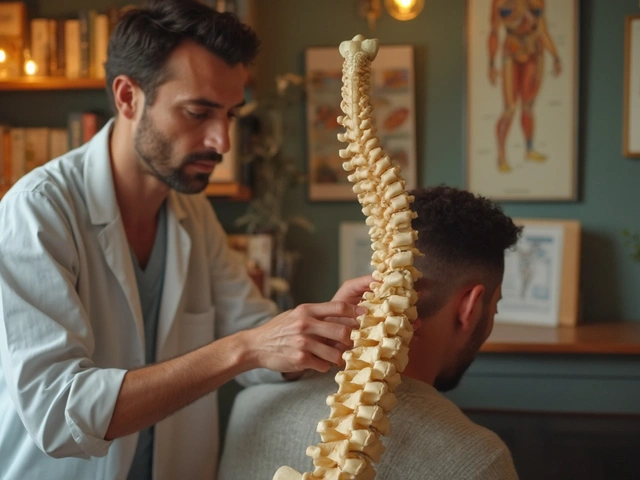Proper hygiene: small habits that cut infection risk
You don’t need fancy products to stay healthy. Simple, consistent hygiene habits stop most common infections and make medicines work better. Here are clear, practical actions you can use today—at home, at work, and when traveling.
Everyday hand and respiratory hygiene
Wash your hands for at least 20 seconds with soap and warm water: after the bathroom, before eating, after coughing or sneezing, after handling medicine, and after touching public surfaces. Rub between fingers, under nails and the backs of your hands. No sink? Use alcohol-based hand sanitizer (at least 60% alcohol).
For coughs and sneezes, use a tissue or your elbow, not your hands. Toss used tissues right away and wash or sanitize your hands. If you’re sick, wear a mask in crowded places and avoid close contact with people at higher risk (older adults, immunocompromised).
Hygiene around meds, wounds, and food
Medication hygiene matters. Store medicines as the label says—some need refrigeration, others must stay dry and cool. Don’t share prescription drugs and check expiry dates before use. Clean inhalers or pill cutters regularly, and wash hands before handling eye drops, injections, or open medication packages.
Wound care is simple but important. Clean cuts with running water and mild soap, apply a clean dressing, and change it daily or when wet. Watch for redness, increasing pain, fever, or pus—these are signs to see a doctor. For chronic wounds or diabetic foot sores, get medical care early.
Food safety prevents stomach bugs. Keep raw meat separate from produce, cook to safe temperatures, and refrigerate leftovers within two hours. Wash fruits and vegetables under running water. Use separate cutting boards for raw proteins and ready-to-eat foods.
Laundry and surface cleaning help too. Wash towels and bedding weekly and use hot water for items used by sick people. Regularly clean high-touch surfaces—doorknobs, phone screens, remotes—especially during cold and flu season.
Gym hygiene: wipe equipment before and after use, bring your own towel and water bottle, and wear clean socks and shoes. At public pools, shower before and after swimming.
Kids and older adults need a bit more attention. Teach kids proper handwashing with games or timers. For older adults or people with weaker immune systems, limit visitors when illnesses are circulating, keep vaccinations up to date, and disinfect shared surfaces more often.
Travel tips: carry sanitizer, disinfectant wipes, and a small first-aid kit. Drink bottled or treated water where tap water is risky. Pack any prescription meds in carry-on luggage and keep them in original containers with dosing instructions.
Pick two habits to start this week—like timed handwashing and cleaning your phone nightly—and build from there. Consistency beats perfection: a few reliable hygiene moves every day cut your chance of getting sick and help medicines work the way they should.
